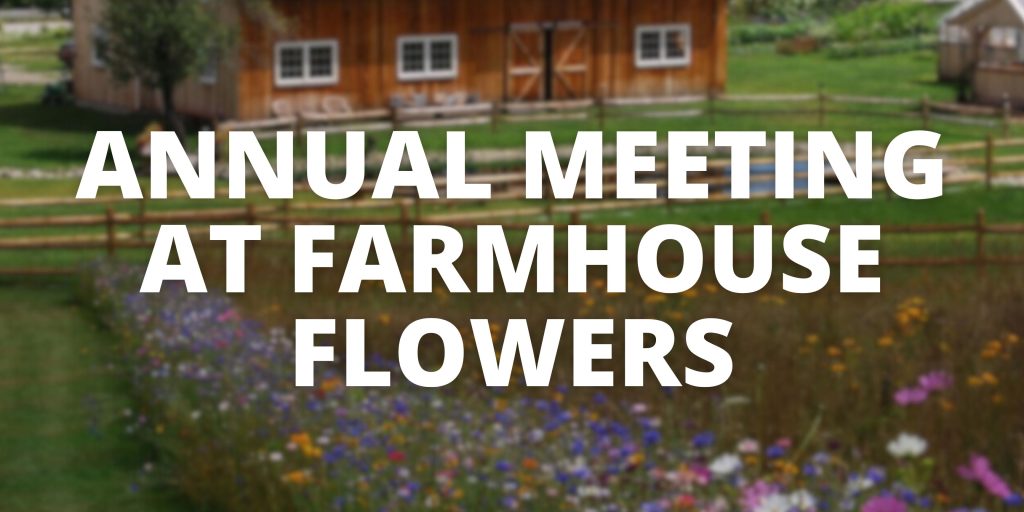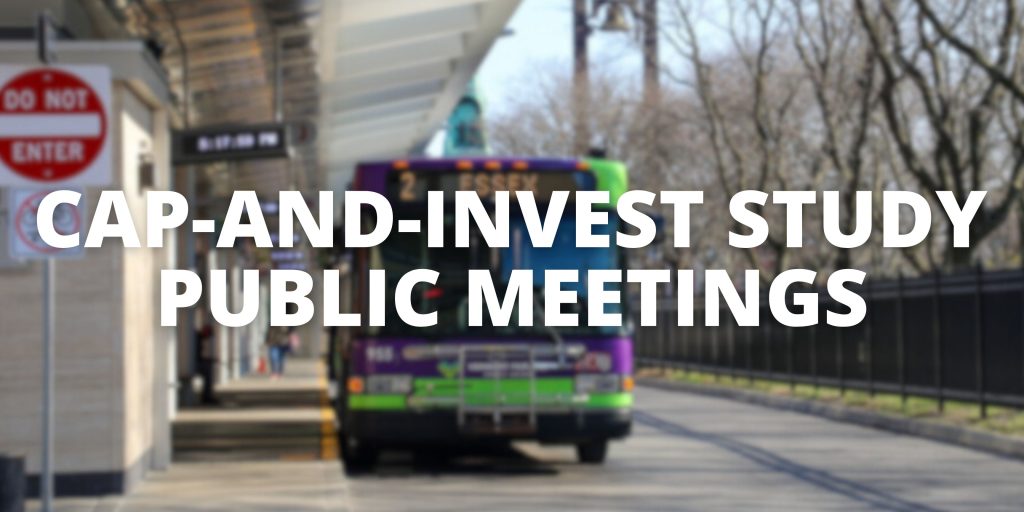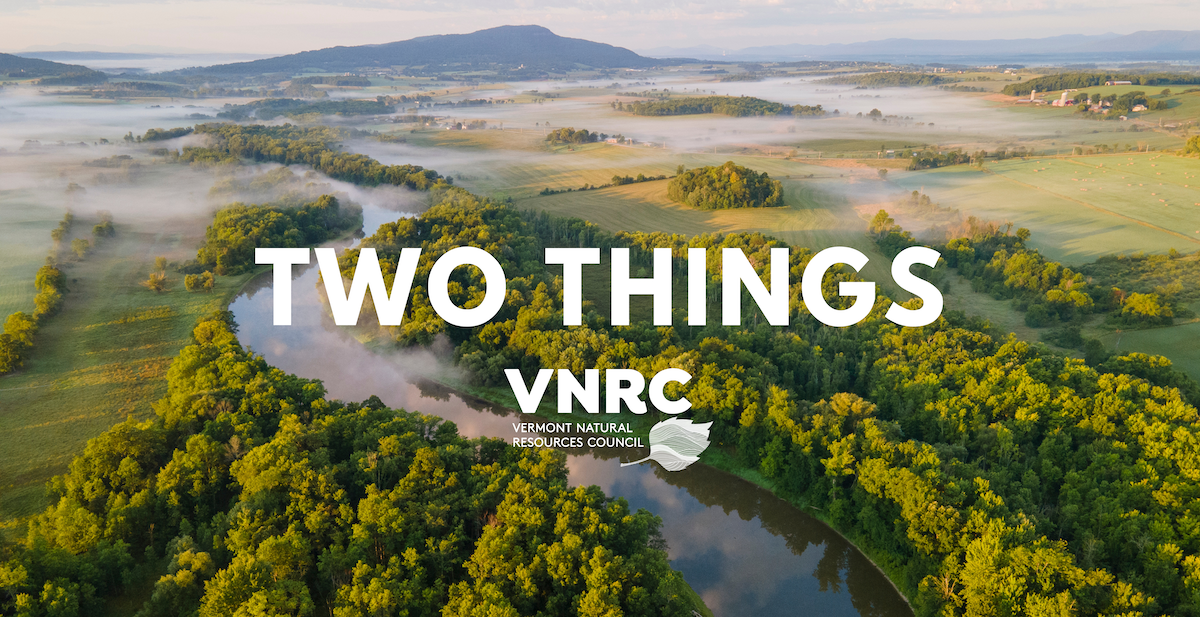Two things: This week, we’re getting ready for our Annual Meeting on Wednesday at Farmhouse Flowers and sharing details about upcoming public meetings concerning the state’s cap-and-invest study on transportation pollution.
Stay informed, stay connected – two things.

We’re excited to present the 2024 Arthur Gibb Award for Sustainable Leadership to Jessica Laporte, Co-Director of Community Resilience Organizations, at our Annual Meeting this week. We’ll be celebrating her deep dedication to Vermont’s land and people along with her dynamic leadership on Wednesday, October 2nd from 5:30-7:00 pm at Farmhouse Flowers in Moretown.
Join us and our team, board, and members as we celebrate Jessica’s contributions to our community, reflect on the past year of environmental advocacy here at VNRC, and plan for a more resilient future for all Vermonters.

Despite a legal obligation to cut planet-warming pollution in line with climate science, Vermont lacks the essential regulatory, policy, or programmatic framework to reduce emissions in our most polluting sector: transportation. To inform an update to the state’s Climate Action Plan and identify potential solutions, VTrans is leading an effort to analyze potential pathways to progress – and they are seeking your input.
Don’t miss the opportunity to weigh in on potential solutions to cut costly pollution in the transportation sector and raise consistent revenue to invest in cleaner mobility solutions. Find out more and sign up to attend one of the public meetings this Thursday, October 3rd at 12:00pm or 6:00pm.
PS – Recapping our Flood Resiliency Forum in Barre
We hosted a Flood Resilience Forum at the Barre Old Labor Hall on September 26th, 2024 in light of recent flood events in Barre and central Vermont. Our goal for this event was to gather experts and community members alike to take stock of the flood response, focusing on watershed health, and identify tactics to foster more resilient waterways across the state to better prepare for future floods.




